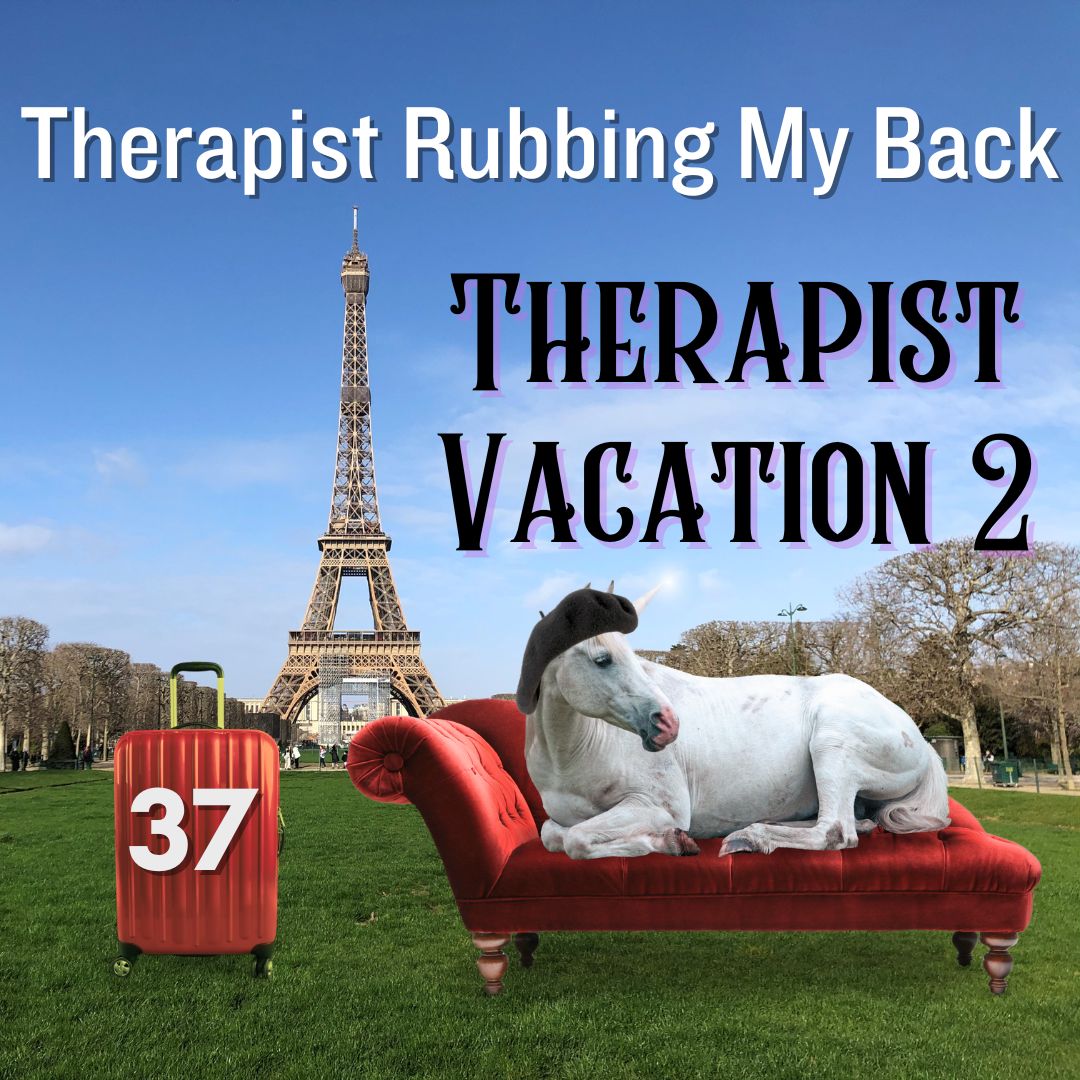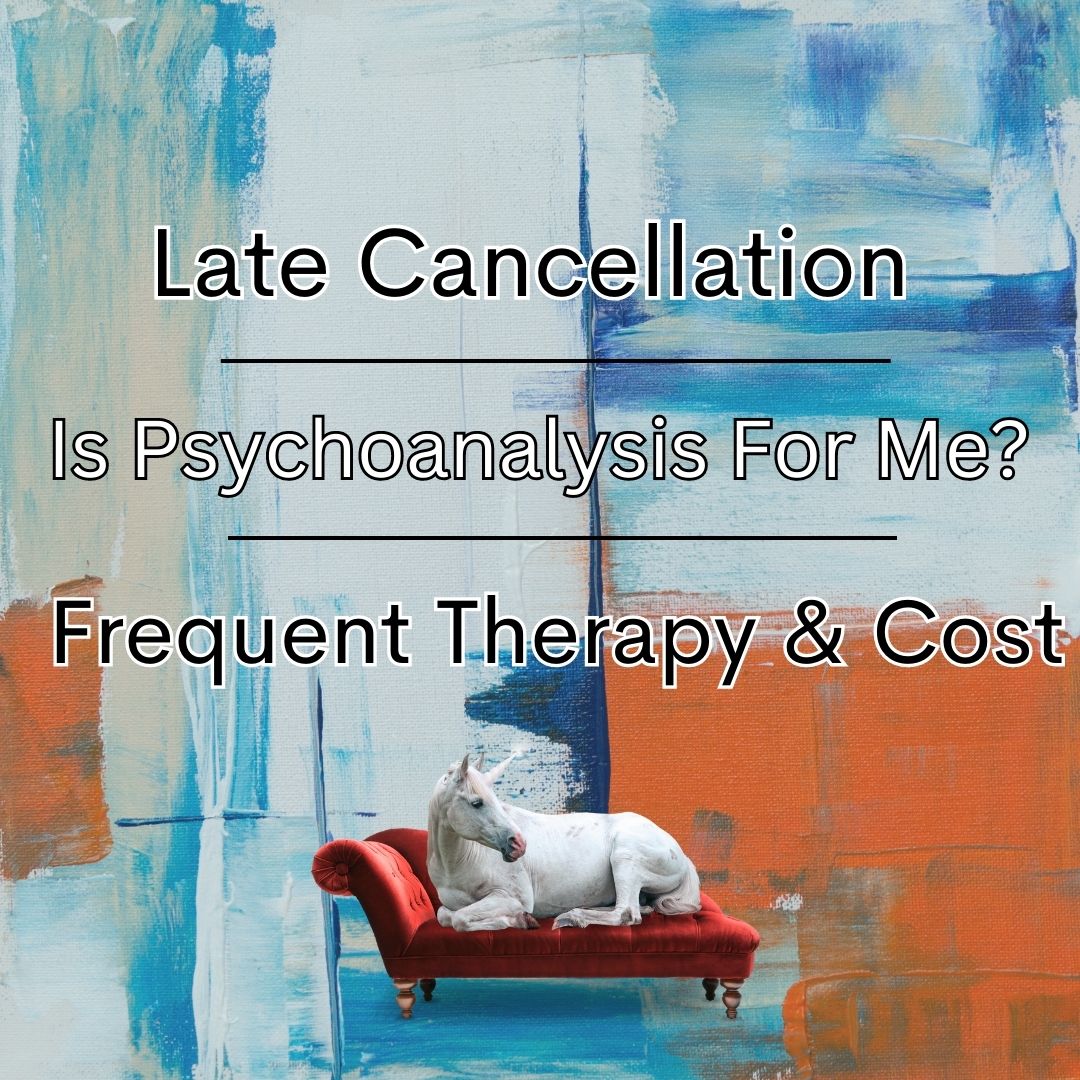Discover Call the Psychiatrists
Call the Psychiatrists

46 Episodes
Reverse
In this episode a listener recently ended a relationship with her therapist after she violated her trust. Now she is grieving the loss and wonders if she should go back. We would love to hear from you! You can email or send a voicemail on our website or contact us directly at callthepsychiatrists@gmail.com
Who is responsible for setting the agenda in a therapy session? Angie wonders if it's really up to her to bring up hard topics with her therapist. Chelsea's therapist (8:48) doesn't ask questions about her life, making her feel like her therapist doesn't care about her. Finally, Claire's therapist (17:31) likes to explore the topics that interest him and she finds herself trying to please him by playing up those aspects of her life. We were warmed up by Act 3 so don't give up before the end. We'd love to hear from you! Send us a questions or feedback at our website or email us at callthepsychiatrists@gmail.com
On this episode Karol asks for our opinion on The 5 Love Languages: are they useful or are they harmful? The study we referenced from University of Toronto which summarizes recent attempts at empirically validating the "love languages" can be found here. In part 2 (19:30), a listener feels like her therapist is not on her side and said something hurtful to her on purpose. We discuss confrontations and countertransference among other things. We'd love to hear from you! Send us a questions or feedback at our website.
Krystal's therapist would prefer she not use marijuana before a session even though she thinks it would be helpful to loosen her "emotional logjam". Michael (17:02) questions his decision to be a therapist and whether he is actually helping anyone. We discuss possible burnout and steps Michael could consider before making any major career changes. We have an update from Rachel from episode 40 (29:18) who feels bad she didn't end her relationship with her therapist sooner. Lastly, Christopher (34:00) is a therapist who wonders if we handle vacations around the winter holidays differently. If you have questions or feedback please send a message (voicemail or email) on our website.
On this episode Tess's psychiatrist revealed a shared diagnosis in their final session, making Tess wonder if withholding information is necessary. Lilith's therapist (16:50) visited her at work, leaving her feeling confused, especially since she would like the relationship to be closer. If you have questions or feedback please send a message (voicemail or email) on our website.
On this episode a listener's therapist hid behind a magazine after they saw each other in public. Yazmin (12:31) wonders if therapy could be helpful for the grief she's experiencing a year after her husband died. The resource about prolonged grief at Columbia University can be found here. A listener (21:20) gave a thank you card to their therapist but he didn't acknowledge it which is creating distance in the relationship. The very end of our discussion highlights one of the themes in the show. We have a review at 11:22 which includes a suggestion to review _Freud's Last Session_ once it's released. Please contact us if you think you'll see the movie and would like to discuss it. "No regular listener of this podcast thinks that I believe I'm above ridiculousness." If you have questions or feedback please send a message (voicemail or email) on our website.
On this episode Yolanda has a question about the moments before and after a therapy session. Lindsay specifically wonders about her preference for the relationship she has with her therapist at this periphery of the therapeutic encounter Jim (18:14) worries that he may be too smart for therapy to work. Marion (25:49) wants to know if it would be weird to give her therapist a thank you note. If you have questions or feedback please send a message (voicemail or email) on our website You can also message us on Facebook or Instagram @callthepsychiatrists
On this episode Amalia is annoyed that her therapist asks for lots of feedback at the end of each session. Kim (12:30) wants to address the "elephant in the room" after her therapist cut off all communication between sessions without an explanation. If you have questions or feedback please send a message (voicemail or email) on our website You can also message us on Facebook or Instagram @callthepsychiatrists
On this episode a listener's therapist has started rubbing her back when she's upset and she wonders if this is normal. Then we return to questions about vacation: A listener (9:03) is upset by their therapist's upcoming vacation and is thinking of not going back to the office; Beth's therapist (16:08) just got back from vacation and they're having a hard time getting re-connected; and a therapist asks (23:48) how we prioritize our patients after a vacation. Feedback at (8:30). If you have questions or feedback please send a message (voicemail or email) on our website You can also message us on Facebook or Instagram @callthepsychiatrists
Alice and her husband see the same therapist individually and as a couple. The therapist told Alice's husband they should get a divorce. At (12:43) a 17 year-old listener feels like there are things he can't talk to his therapist about after she disclosed her religious identity. If you have questions or feedback please send a message (voicemail or email) on our website: https://www.callthepsychiatrists.com You can also message us on Facebook or Instagram @callthepsychiatrists or chat in the comment section on Threads.
Larissa was nervous during her first online therapy session with Betterhelp and wants some tips on how to be prepared for the next session. She was told the first session "is where the magic begins". An anonymous listener (16:57) has a history of stalking their therapist and has the desire to repeat those behaviors with a new therapist. They feel ashamed and want to stop. If you have questions or feedback please send a message (voicemail or email) on our website You can also message us on Facebook or Instagram @callthepsychiatrists.
Danny has mixed emotions about Father's Day. He's trying to balance his needs with the demands of parenting and wants to hear more about fatherhood. He's also curious if being psychiatrists changes our views on parenting. Michelle (34:30) is a newly minted therapist and has questions about the role of transference and countertransference in our sessions. She'd also like to know if we have advice for someone just starting out as a therapist. _______ David argues that balancing personal and parenting needs can be especially hard when--like Danny--you're trying to create a different kind of life for your child. At 08:33 we discuss the various meanings of fatherhood. We discuss our personal experiences starting at 12:49 which quickly becomes sentimental. At 17:29 we discuss parenting as psychiatrists. At 24:50 David has 2 hot tips from psychotherapy that he applies to parenting. David recommends (32:00) the work of David Lancy to get some perspective on modern parenting (http://www.anthropologyofchildhood.usu.edu). The books we mention at the end of Act 2 for the new therapist are: The Gift of Therapy by Irvin Yalom, M.D and Deepening the Treatment by Jane Hall, LCSW If you have questions or feedback please send a message (voicemail or email) on our website: https://www.callthepsychiatrists.com
Therese's feelings have been hurt by her therapist but she feels invalidated each time she brings it up. Candice (15:51) feels ashamed of being in therapy and wants to be more comfortable with the idea of talking to others about it. Lila (30:40) wonders about Oprah's advice to be your own best friend. David guesses these sentiments come out of the story of codependency. We end with some discussion of the Oprah empire and Abby's undying love If you have questions or feedback please send a message (voicemail or email) on our website: https://www.callthepsychiatrists.com You can also message us on Facebook or Instagram @callthepsychiatrists.
We have 3 listener questions. In the first question Keith wants to know how therapists determine whether a session is good or bad. Then Ellen (11:35) tries to make sense of her reaction after her therapist names something in her past as abuse. Finally, Jane (17:42) was frozen at the end of her last therapy session and wonders if it's worth going back. Feedback is at 10:52. If you have questions or feedback please send a message (voicemail or email) on our website: https://www.callthepsychiatrists.com You can also message us on Facebook or Instagram @callthepsychiatrists.
In the first question a listener wonders why her therapist is talking about her in supervision. She's curious about what supervision is and how therapists make use of it. In the second question (23:47) a listener is concerned that she feels jealous about the client her therapist is seeing before her. Abby expresses outrage on the listener's behalf and we offer lots of speculation. (The listener asked to remain anonymous. We call her Ann but it's not clear in the recording that we made up the name). In the final question (38:12) a listener worries about being left behind because her therapist is losing weight and she isn't. Feedback is at (22:13): something positive plus a well-crafted burn. If you have questions or feedback please send a message (voicemail or email) on our website: https://www.callthepsychiatrists.com You can also message us on Facebook or Instagram @callthepsychiatrists.
In the first question a listener feels slighted by her therapist's cancellation policy. We start by discussing these policies more generally. It's a little dry but the discussion gets better by 12:25 when we talk about our listener's specific situation. In the second question (17:50), someone's therapist has suggested increasing the frequency of their sessions and beginning psychoanalysis. He wants to know what the benefits of this might be and how psychoanalysis differs from other forms of psychotherapy. In the final question (30:12), a psychiatrist asks how we deal with the financial implications of a patient increasing the frequency of their sessions. Discussions about money are weird and this one is no exception. If you have questions or feedback please send a message (voicemail or email) on our website: https://www.callthepsychiatrists.com You can also message us on Facebook or Instagram @callthepsychiatrists.
In the first question, a listener gets really nervous around her therapist and wonders if it's even worth it. Our second question (at the 16:40 minute mark) is from someone who wonders why her therapist isn't talking about the diagnosis on her invoice. We take a few tangents including: the perils of overdiagnosis and underdiagnosis; the limitations of our diagnostic system; the over-identification with labels. It has a slight soapbox vibe but it's not too bad. In the third question (at 32 minutes), a listener has noticed that we talk about our therapies in very different ways and wonders what makes a good therapy relationship. David finally discloses more about his experience. You'll hear feedback from episode 28 at 14:30. Go Team Sarah. If you have questions or feedback please send a message (voicemail or email) on our website: https://www.callthepsychiatrists.com You can also message us on Facebook or Instagram @callthepsychiatrists.
In the first question a listener is struggling with her boyfriend's need to crowdsource information before making any decisions--from sharing personal details of their relationship with his family to checking Reddit to find the best pasta sauce. We start by discussing the lack of boundaries in the family. At 09:45 we start offering some advice on how to navigate the dilemma (it gets better the more you listen). At 14:19 we pivot to the demand that everything is rated on a 5 star scale. By 16:43 we move on to the work of psychologist Barry Schwartz and his popular book The Paradox of Choice. We discuss optimizers and satisficers as a way to try to understand the boyfriend. The second question (at 25 minutes) is from someone trying to understand an idea he came across: that a patient must first view their therapist in a positive light but eventually must learn to hate them. We try to unpack this lazy quotation using Dr. Mahler's theories on separation and individuation. The listener wonders about his own therapy which we discuss starting at 33:16 and at 36:47 Abby discusses her own "rageful hate" towards her therapist and how powerful it was to resolve it. Feedback from the last episode is at 24:04 If you have questions or feedback please send a message (voicemail or email) on our website: https://www.callthepsychiatrists.com You can also message us on Facebook or Instagram @callthepsychiatrists. Barry Schwartz's TED talk about his book The Paradox of Choice: https://www.ted.com/talks/barry_schwartz_the_paradox_of_choice
This episode is all about interpretations. We have questions from both sides of the therapy room. The first question comes from a listener who is a therapist. She wonders how to recover from the sting when an interpretation she makes doesn't land well. The second question (18 minute mark) is from someone in therapy with a similar problem: how does she move forward when she isn't in agreement with her psychiatrist's observations. If you have questions or feedback please send a message (voicemail or email) on our website: https://www.callthepsychiatrists.com You can also interact with us on Facebook or Instagram @callthepsychiatrists. The full quotation mentioned in the episode: "I am human, I think nothing human is alien to me" --Publius Terentius Afer (Terence)
A listener finds security in her therapist's office and wonders about the thought that goes into the decor of an office. Our second question (starting at the 16 minute mark) comes from someone longing for her therapist and is curious where this comes from and why she monitors his physical appearance and body language so closely. Finally (at minute 24), a mother plans to stop her kids from playing football but is concerned about the emotional and social fallout in her Texas community. There's also feedback on episode 25 and a brief discussion of psychiatrist Dr. Valerie Kinbott from Netflix's Wednesday. If you have questions or feedback please send a message (voicemail or email) on our website: https://www.callthepsychiatrists.com You can also interact with us on Facebook or Instagram @callthepsychiatrists. American Academy of Pediatrics position paper on tackling in youth football: https://publications.aap.org/pediatrics/article/136/5/e1419/33807/Tackling-in-Youth-Football?autologincheck=redirected JAMA article mentioned in this episode about Chronic Traumatic Encephalopathy: https://jamanetwork.com/journals/jama/fullarticle/2645104
























